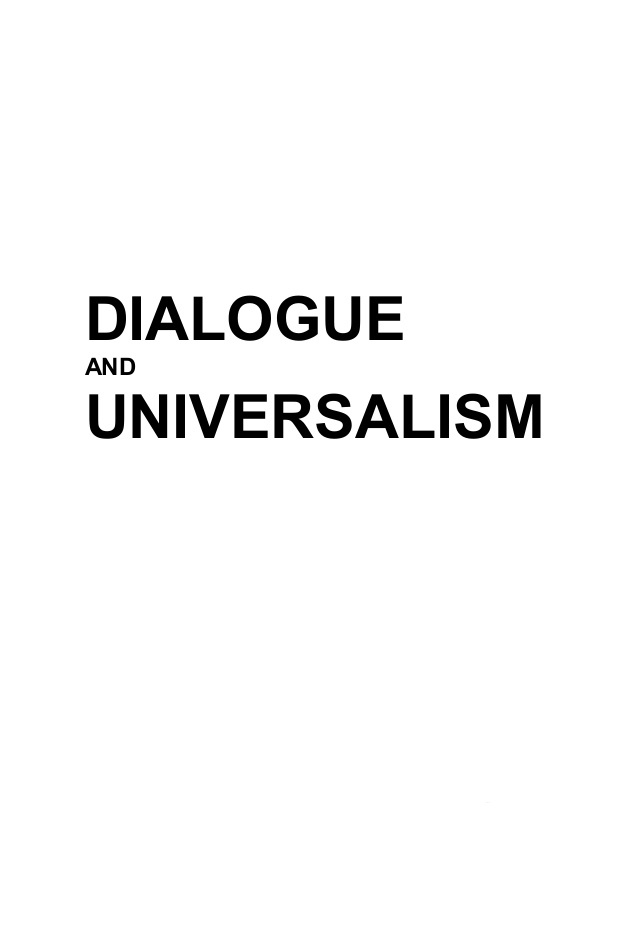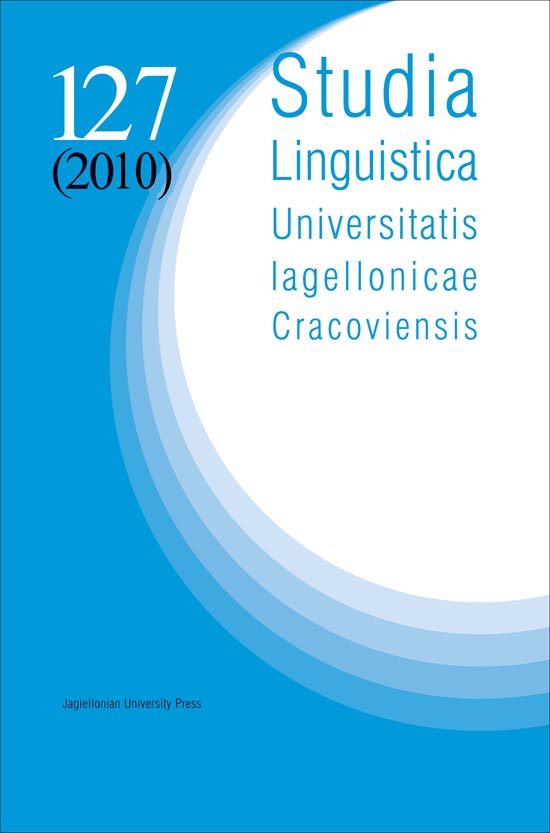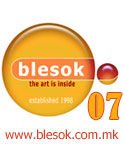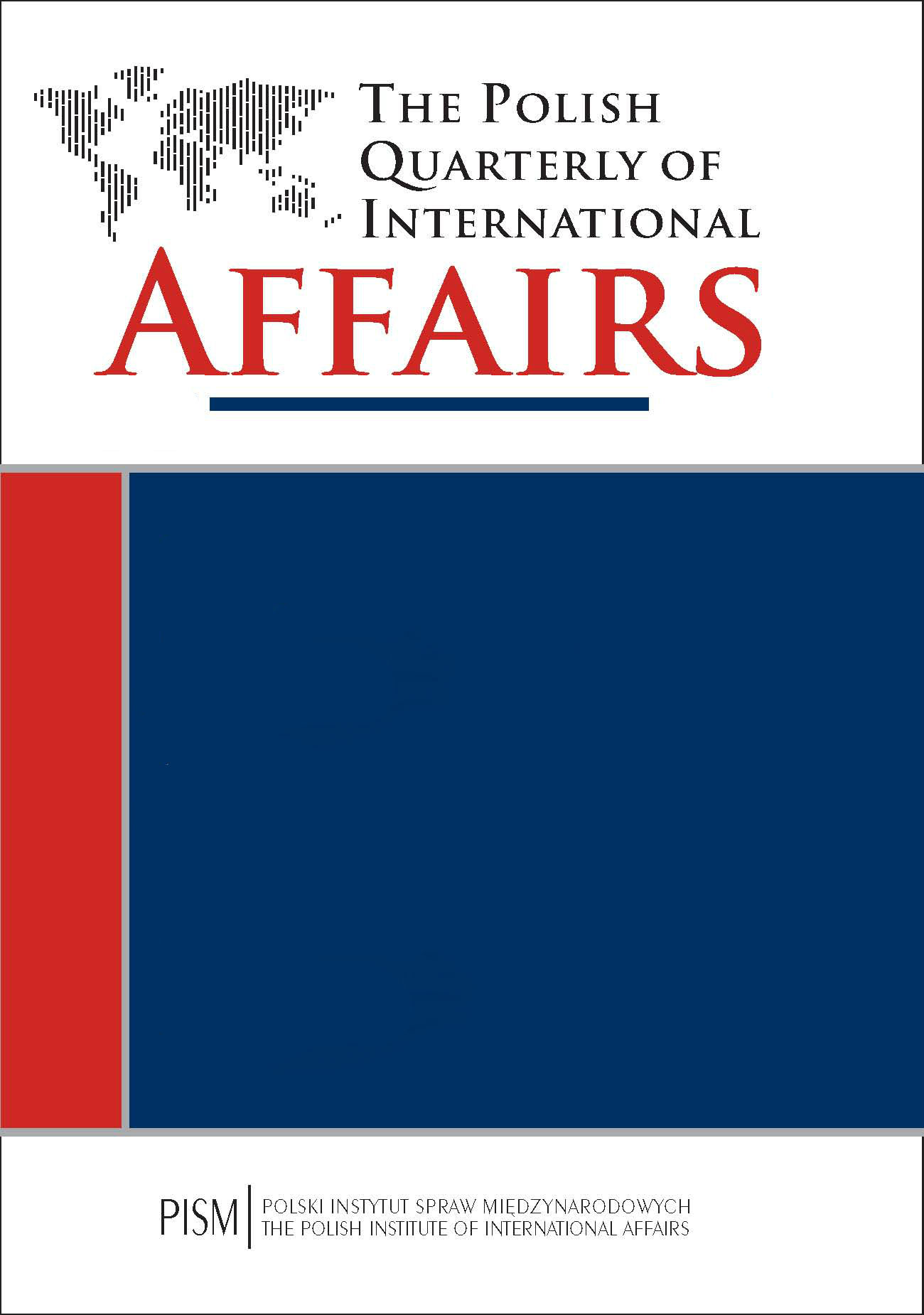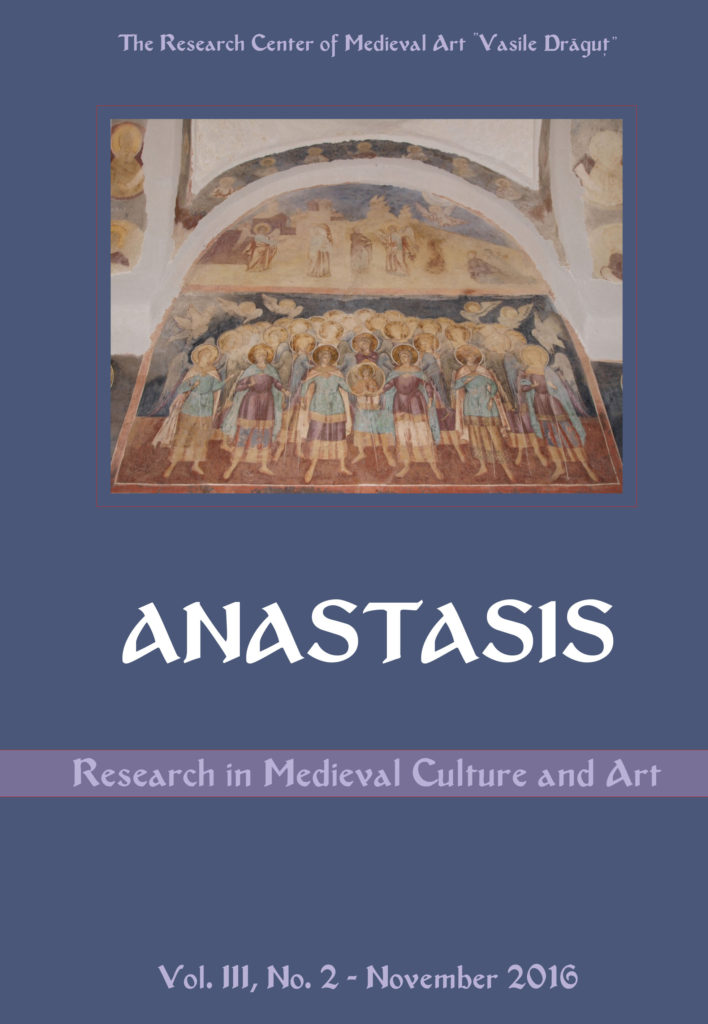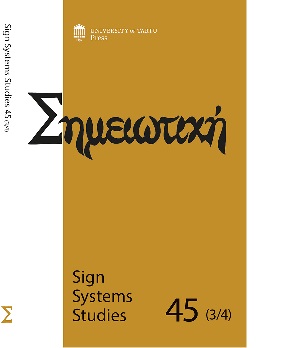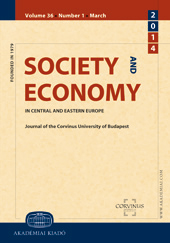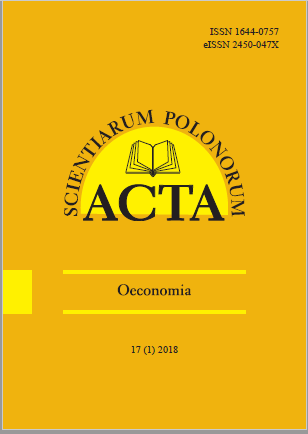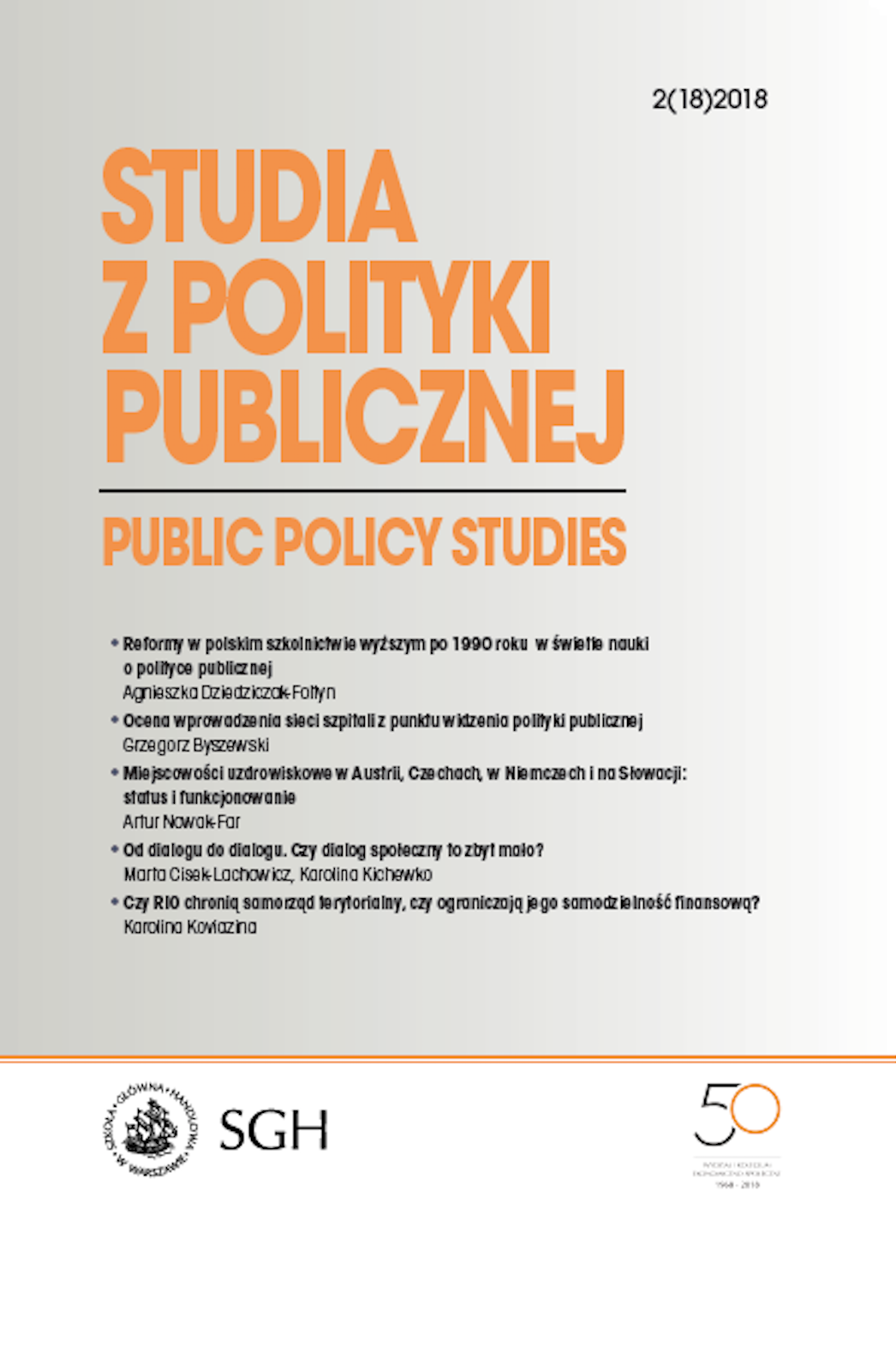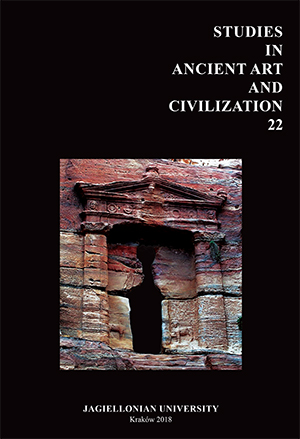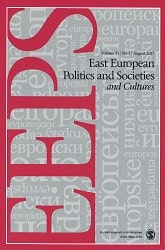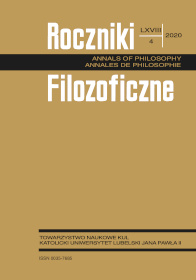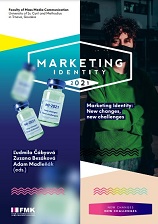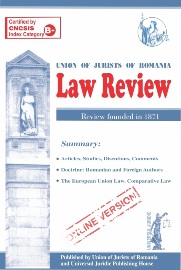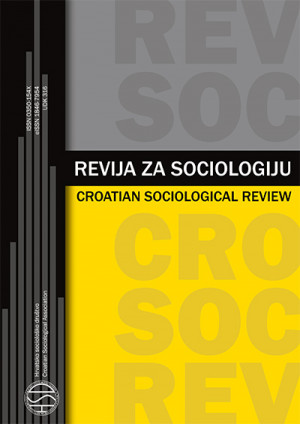James Joyce's Ulysses: The Search for Value
James Joyce's Ulysses: The Search for Value
Keywords: James Joyce; Ulysses; Scylla; Charybdis; Penelope
Two chapters, "Scylla and Charybdis" and "Penelope," in James Joyce's Ulysses are crucial to an understanding of the novel as a whole. "Scylla and Charybdis" stands midway in the novel, the ninth of eighteen chapters, and is designed to serve as a kind of exegesis of the writer's methods and intentions. An analysis of that chapter helps to explain the meaning of the controversial final chapter, "Penelope," and to clarify its thematic and stylistic relation to the text as a whole. Ulysses is the story of a quest, actually of many quests that all coalesce into a single goal: the search for value in a modern world that is somehow diminished and constructed in comparison with the Homeric world where mortals strode the universe in company with gods and goddesses. How, in this dwarfed setting, can men and women redefine heroism in secular humanistic terms relevant to twentieth-century life? Almost by definition a quest narrative culminates in the attainment of the goal or in the potential for its attainment; Joyce's Ulysses affirms this possibility in "Penelope."
More...
